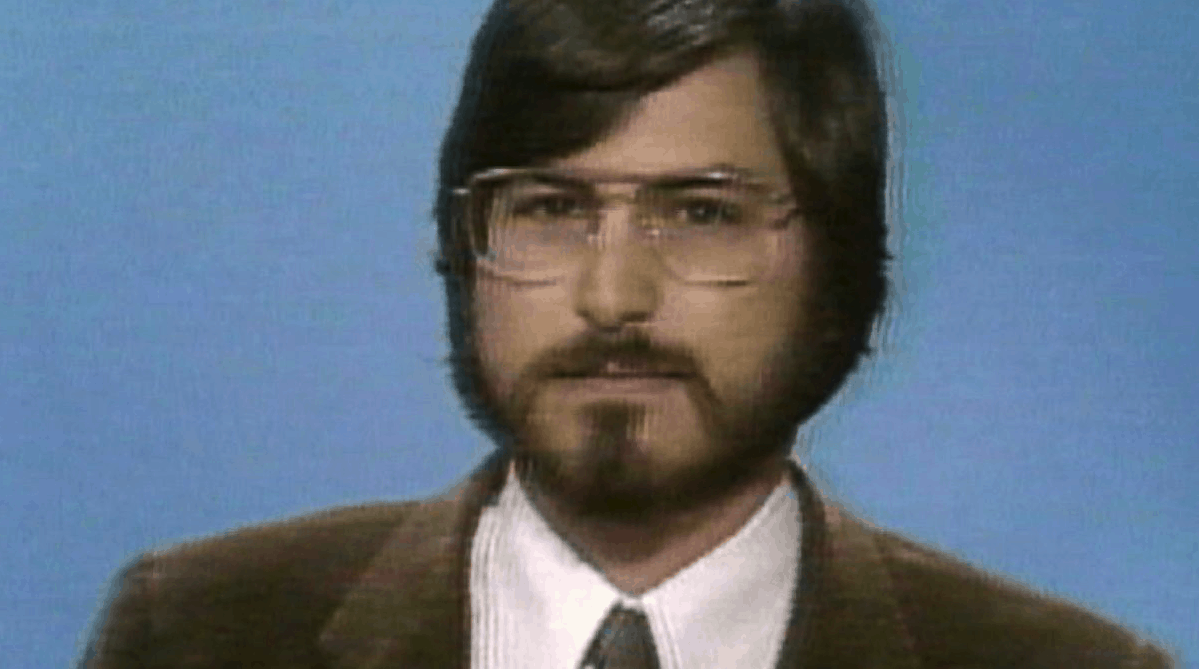In the aftermath of Roe v. Wade being overruled by the U.S. Supreme Court, and Facebook turning over a teenager’s private chats about her abortion to police, protecting your data is more urgent than ever.
Your iPhone and Apple Watch, and third-party apps you use on them, efficiently capture data that could be used against you at a later date by law enforcement. We’re talking things like location data, ovulation records, text messages and your web-browsing history.
Keeping all your data private after Roe v. Wade to avoid prosecution could prove highly important. Luckily, Apple gives you powerful controls over how and where your data is stored. You just might need to adjust certain settings for maximum privacy.
Read on to dive deep into data security recommendations for iPhone, Apple Watch, and Mac.
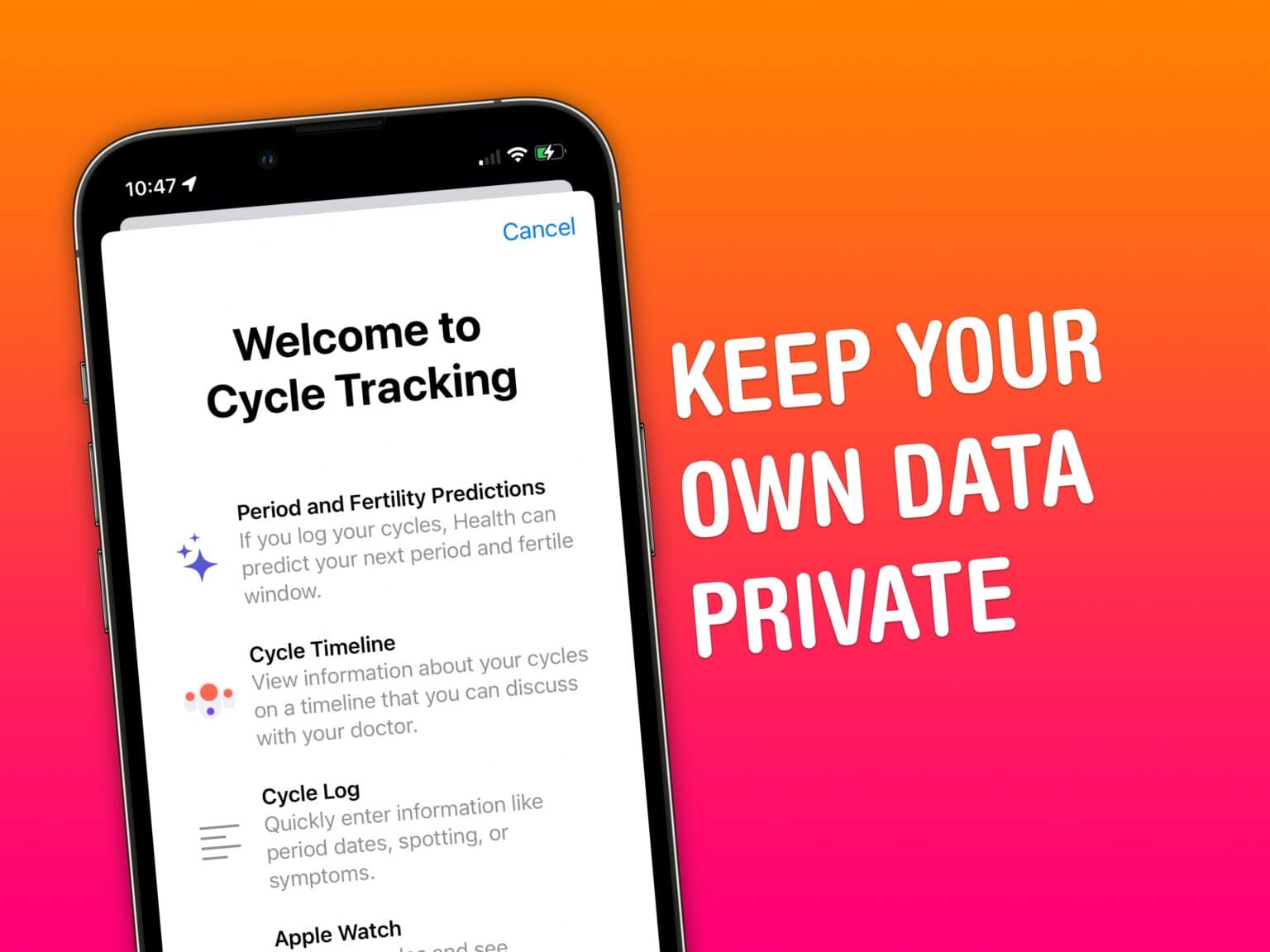
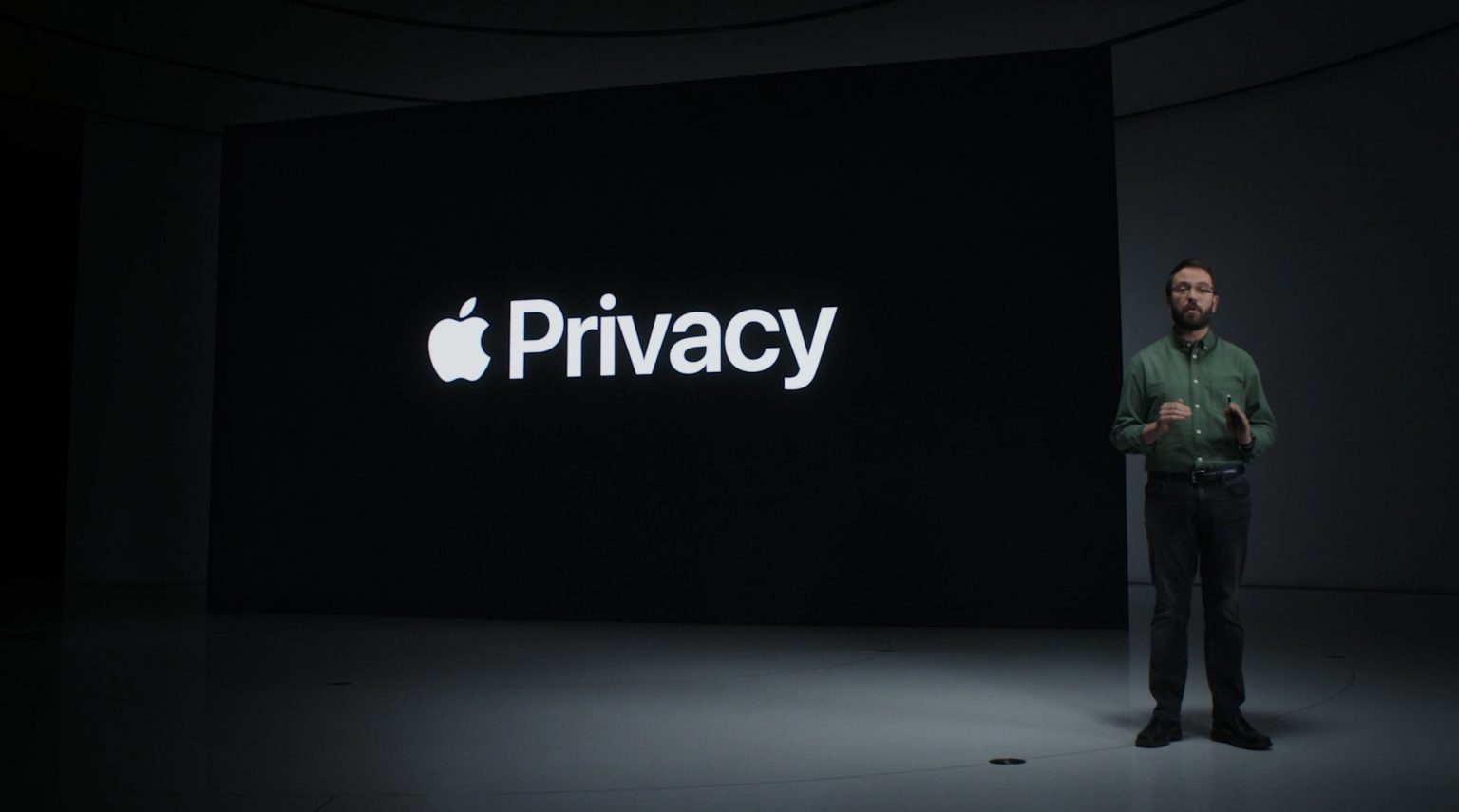

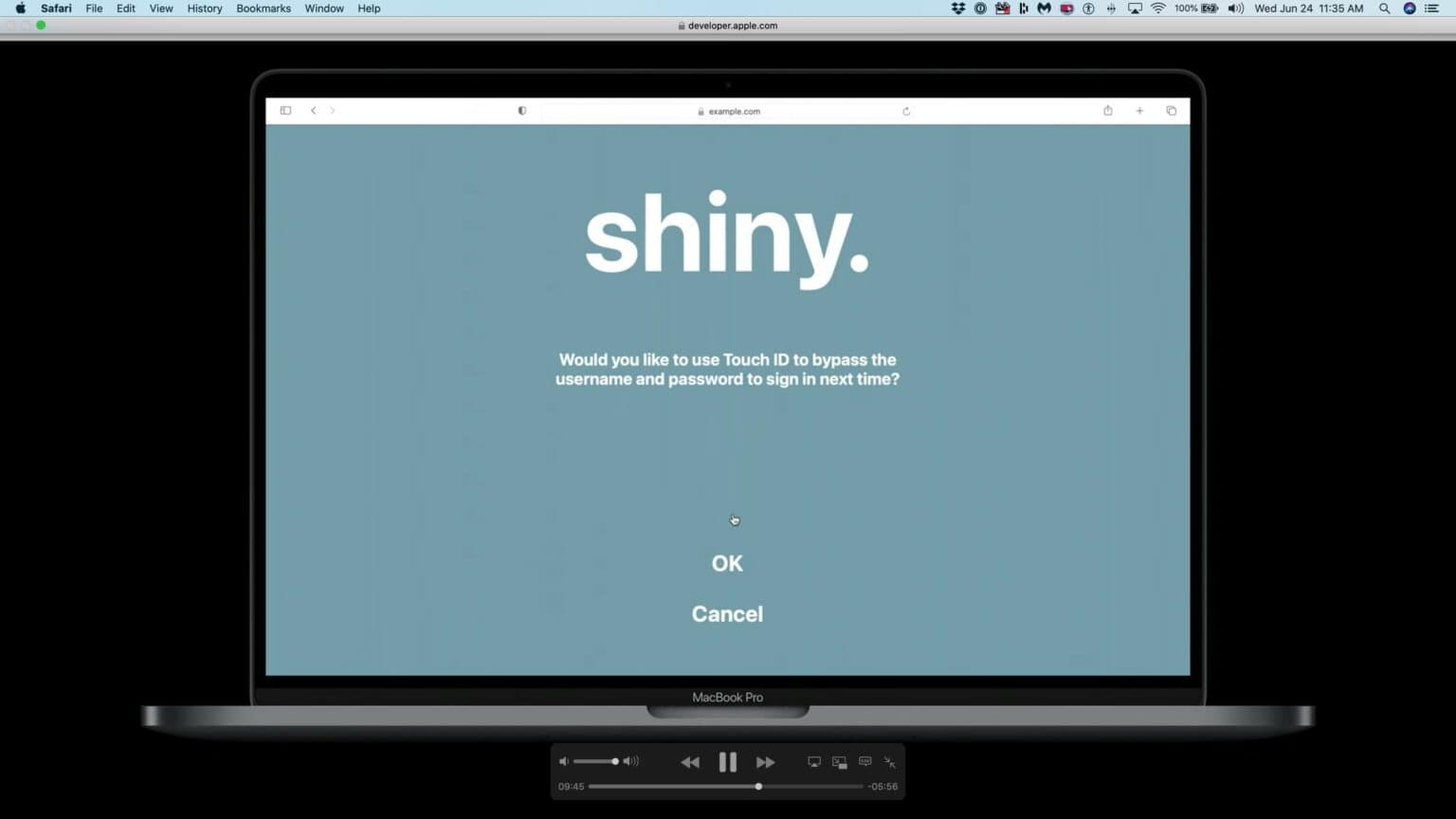

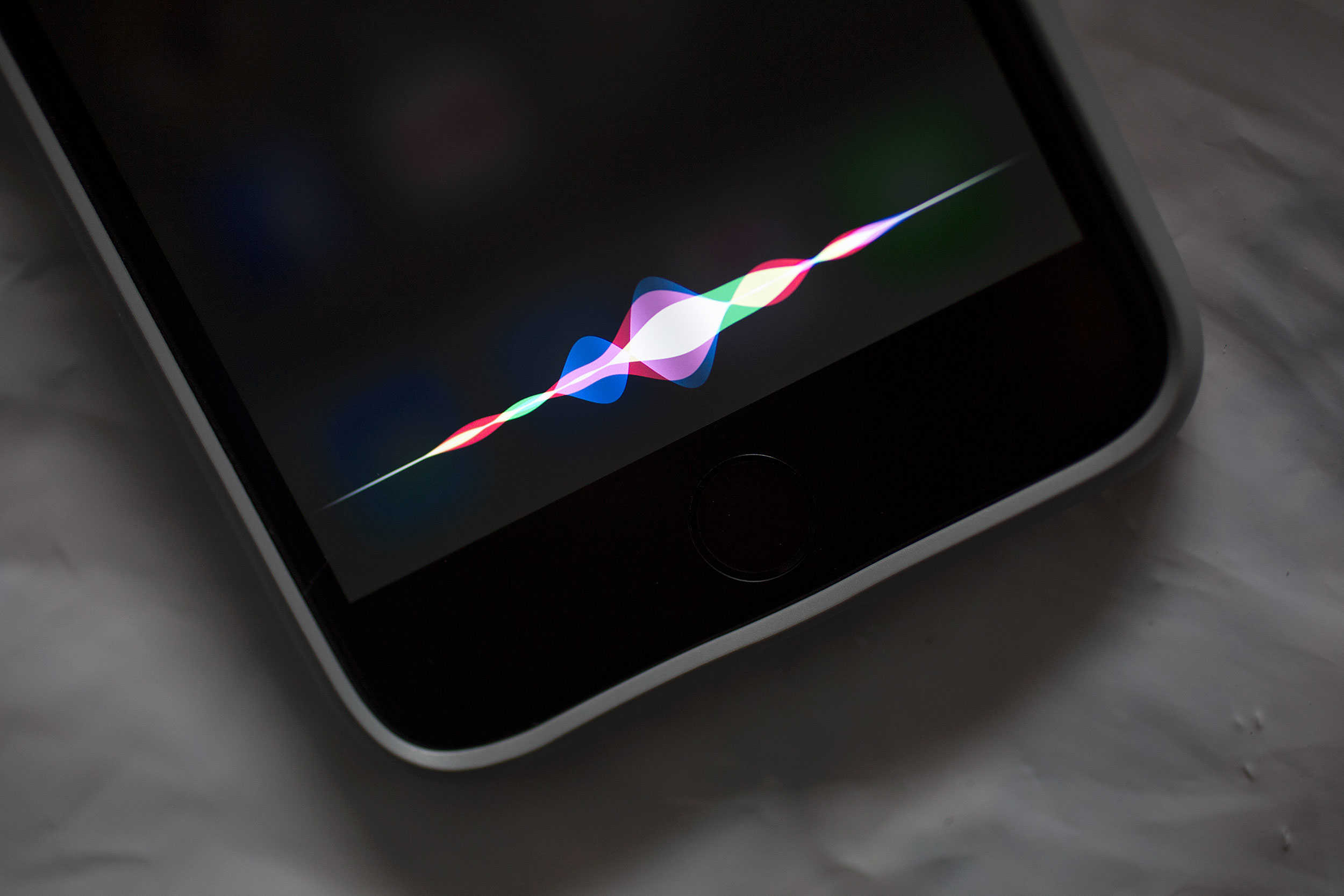
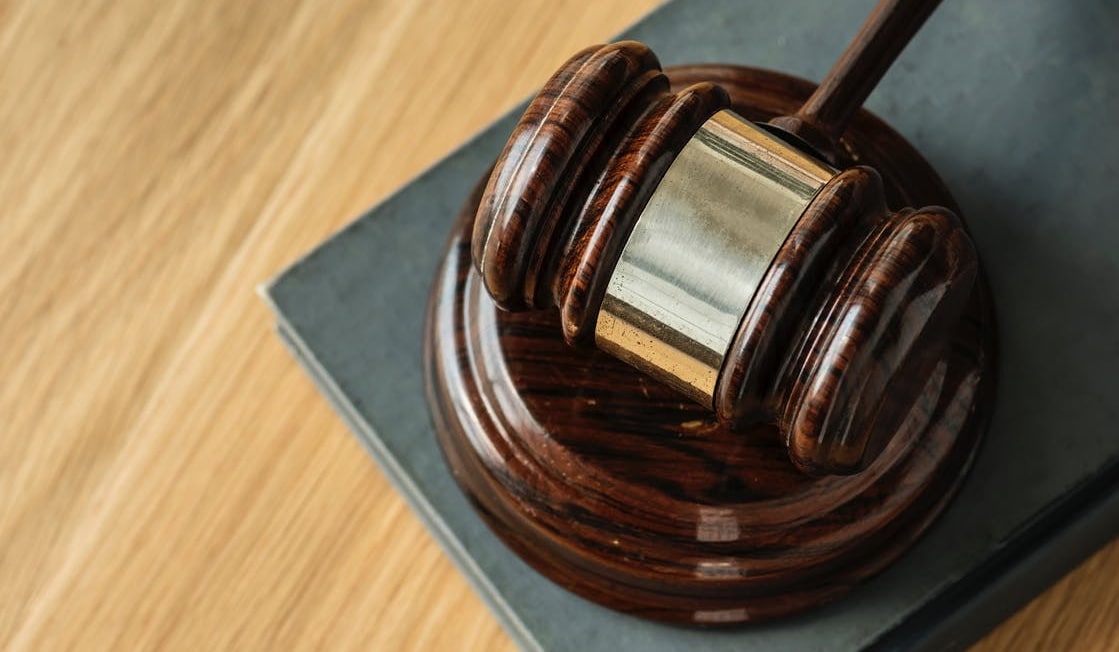
![Apple guns for Facebook with new ‘Sign in with Apple’ privacy feature [Update] Sign in with Apple](https://www.cultofmac.com/wp-content/uploads/2019/06/Sign_in_with_Apple.jpg)

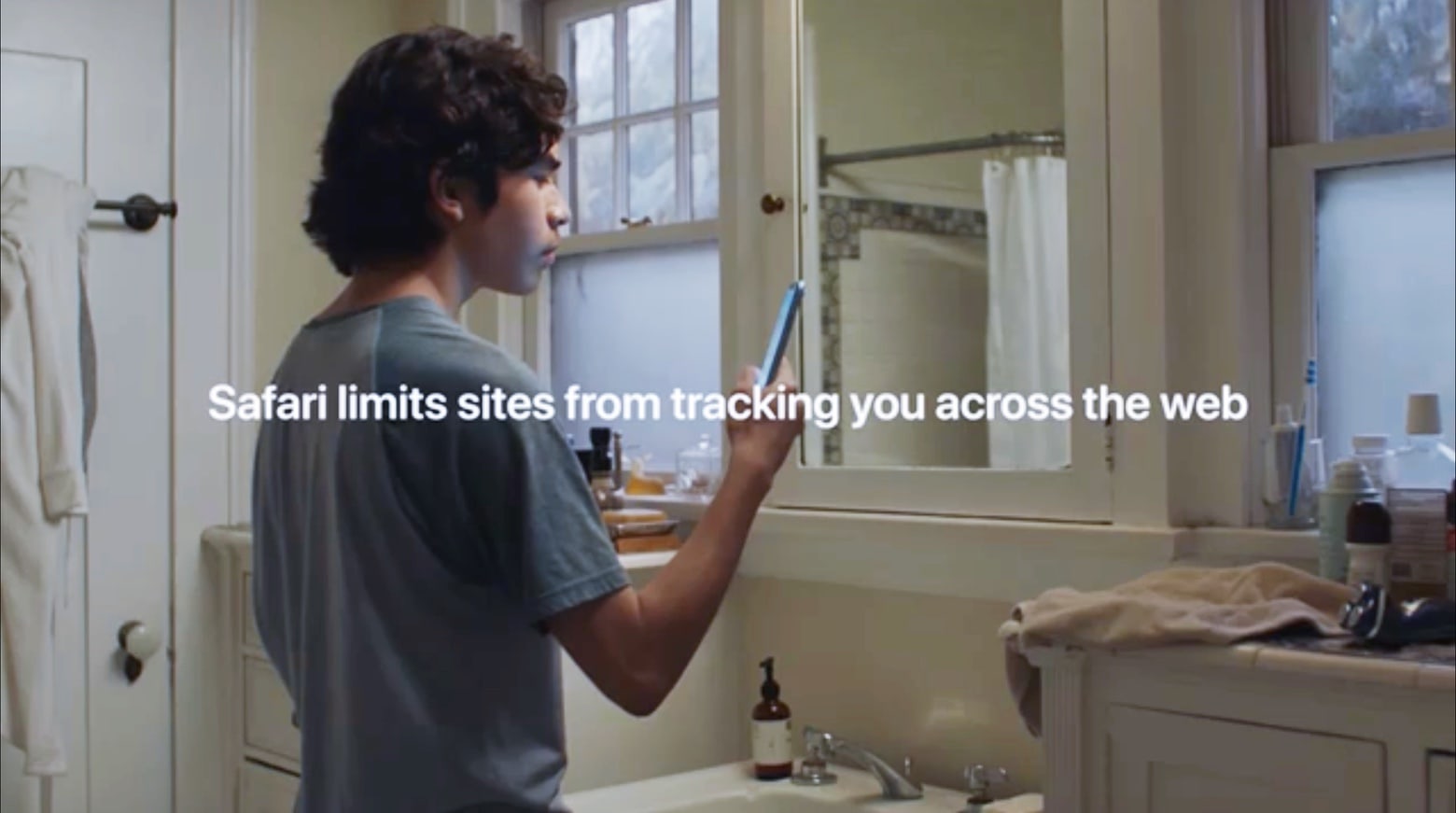
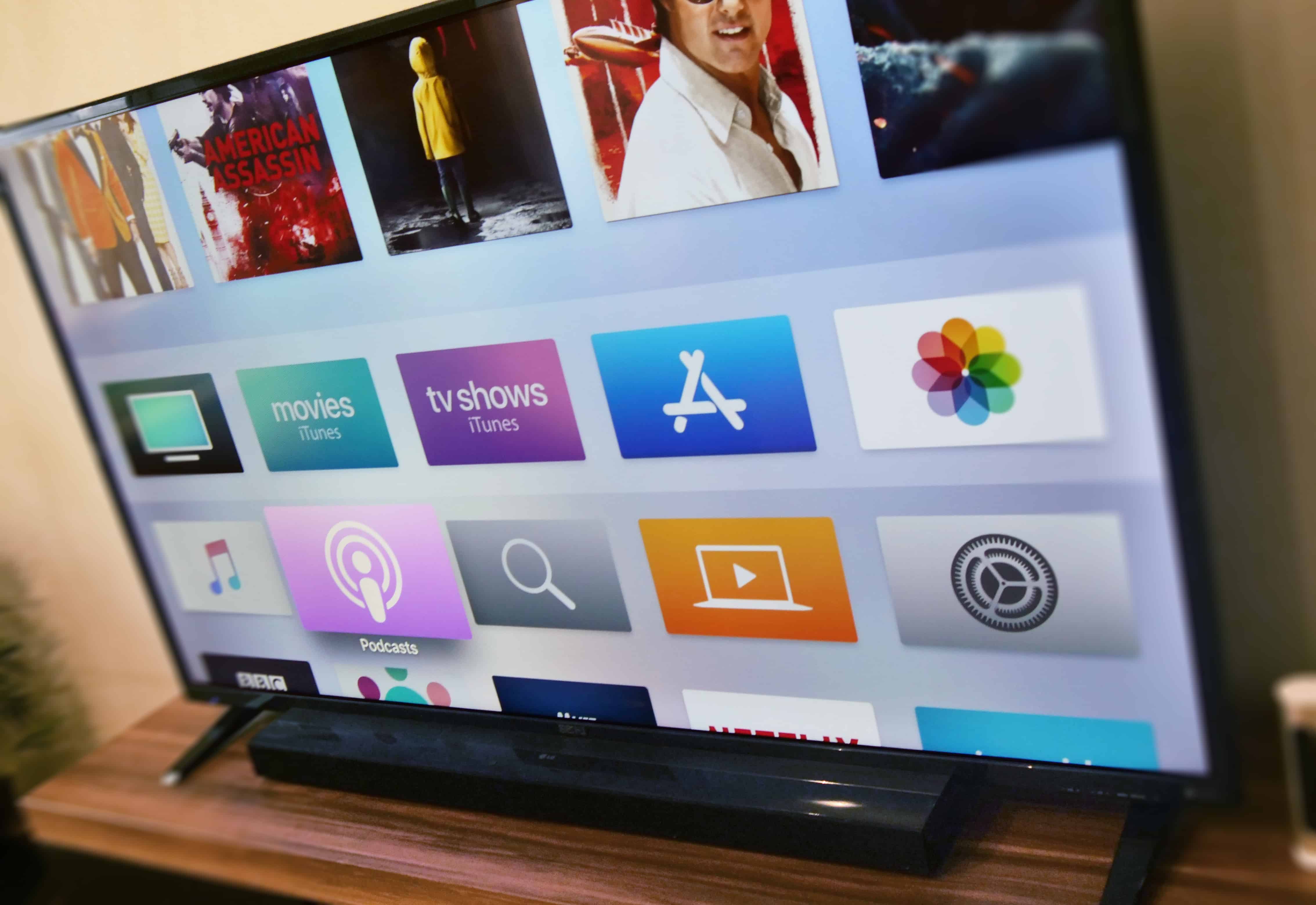
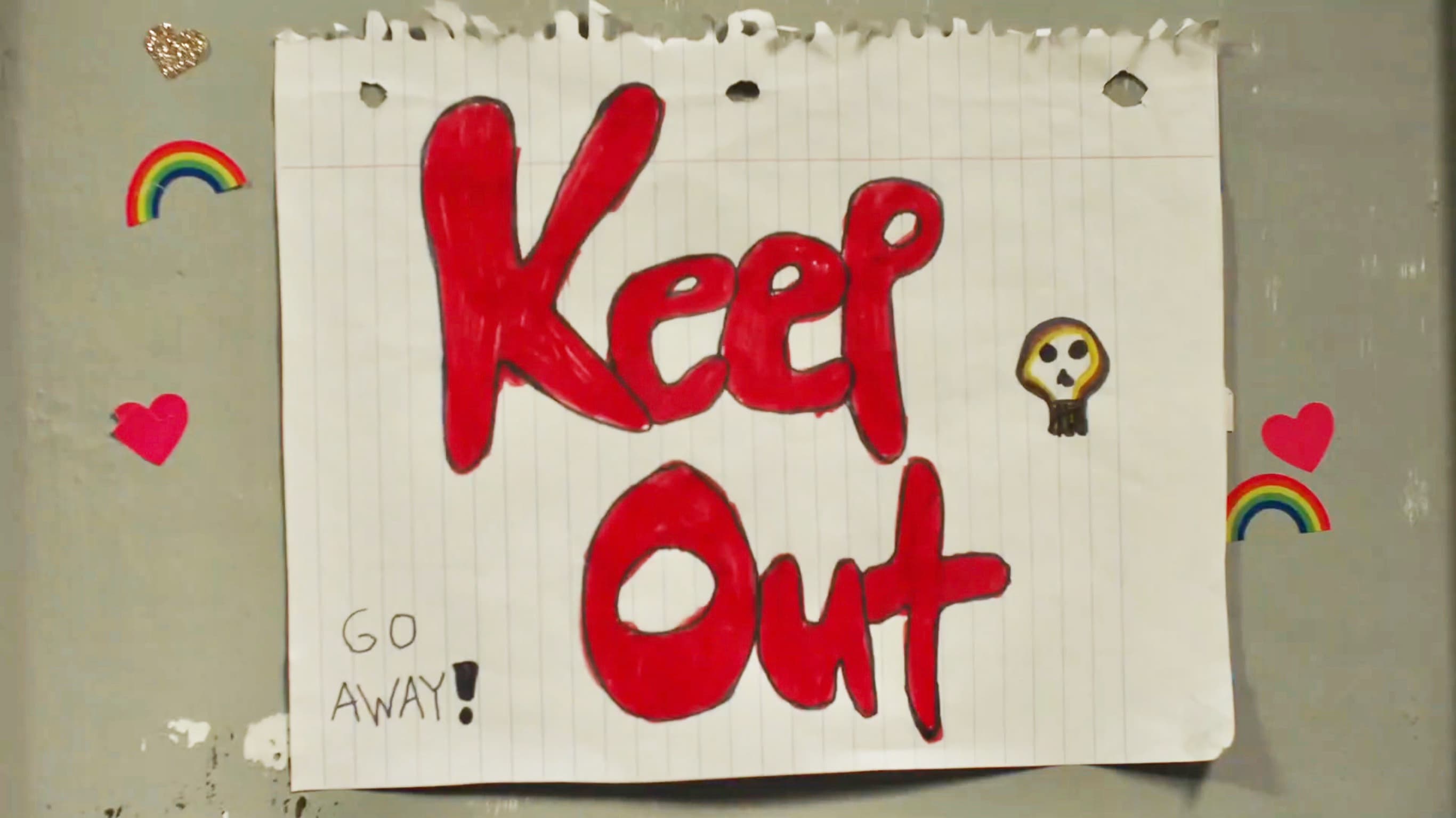

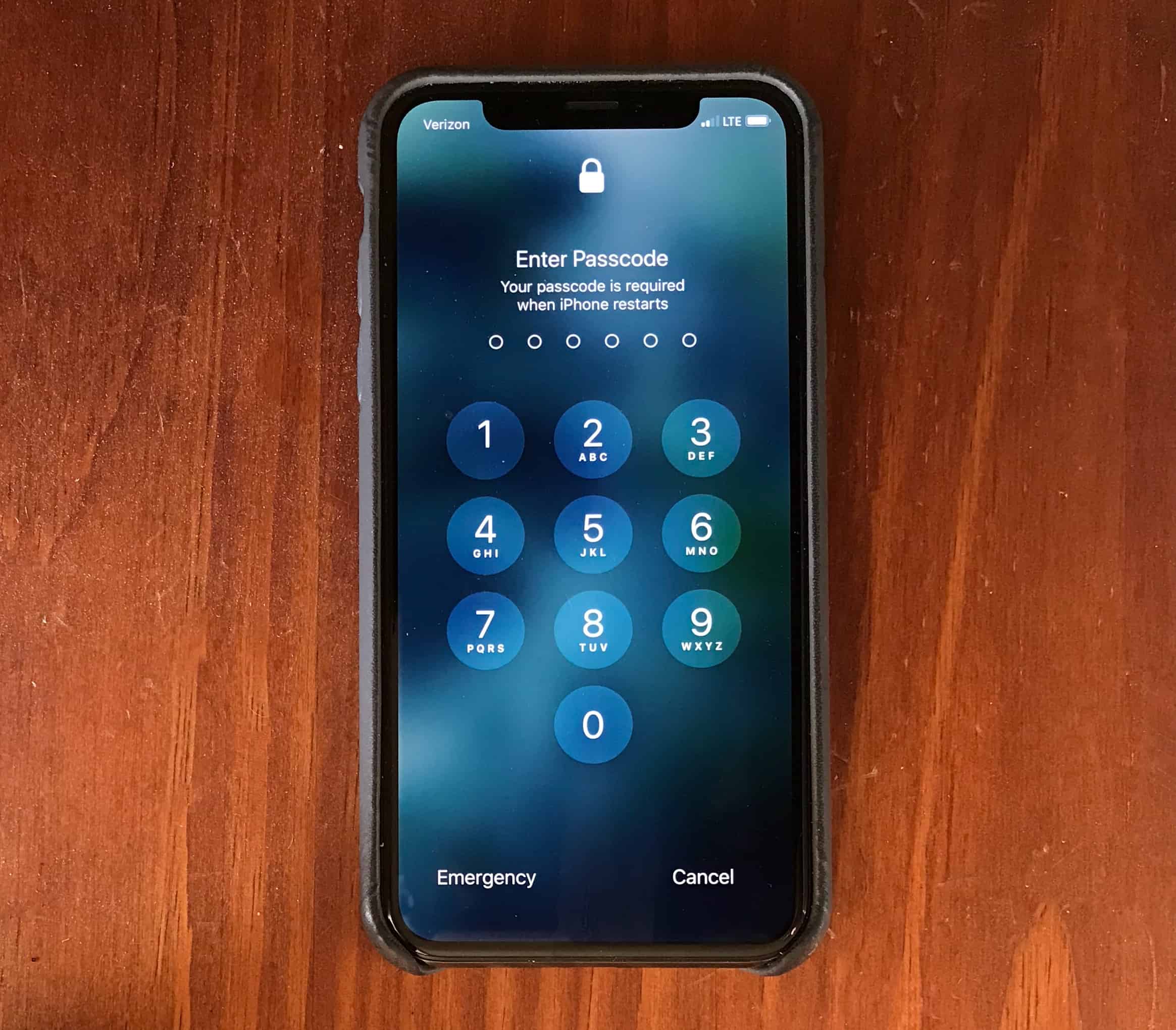
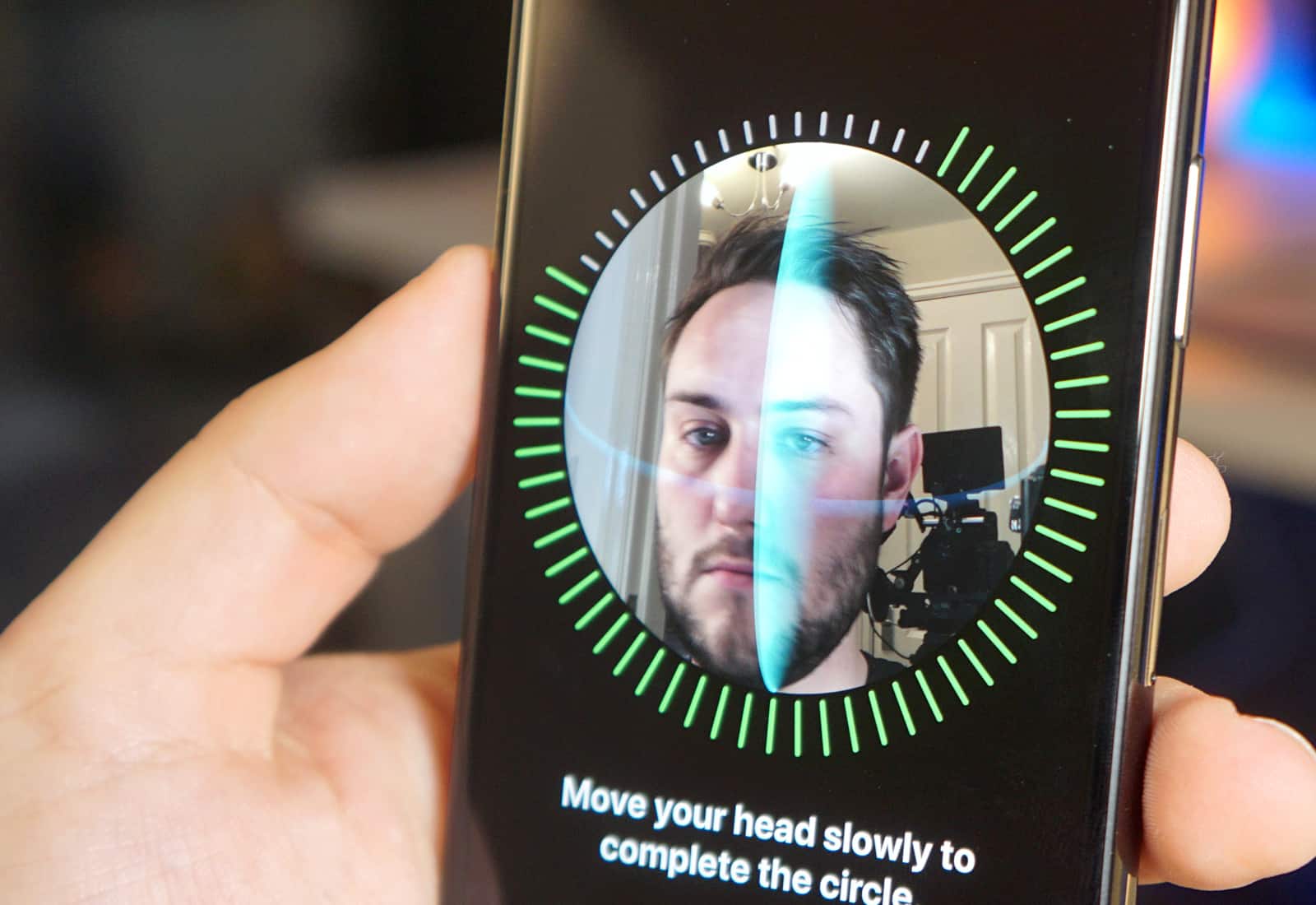
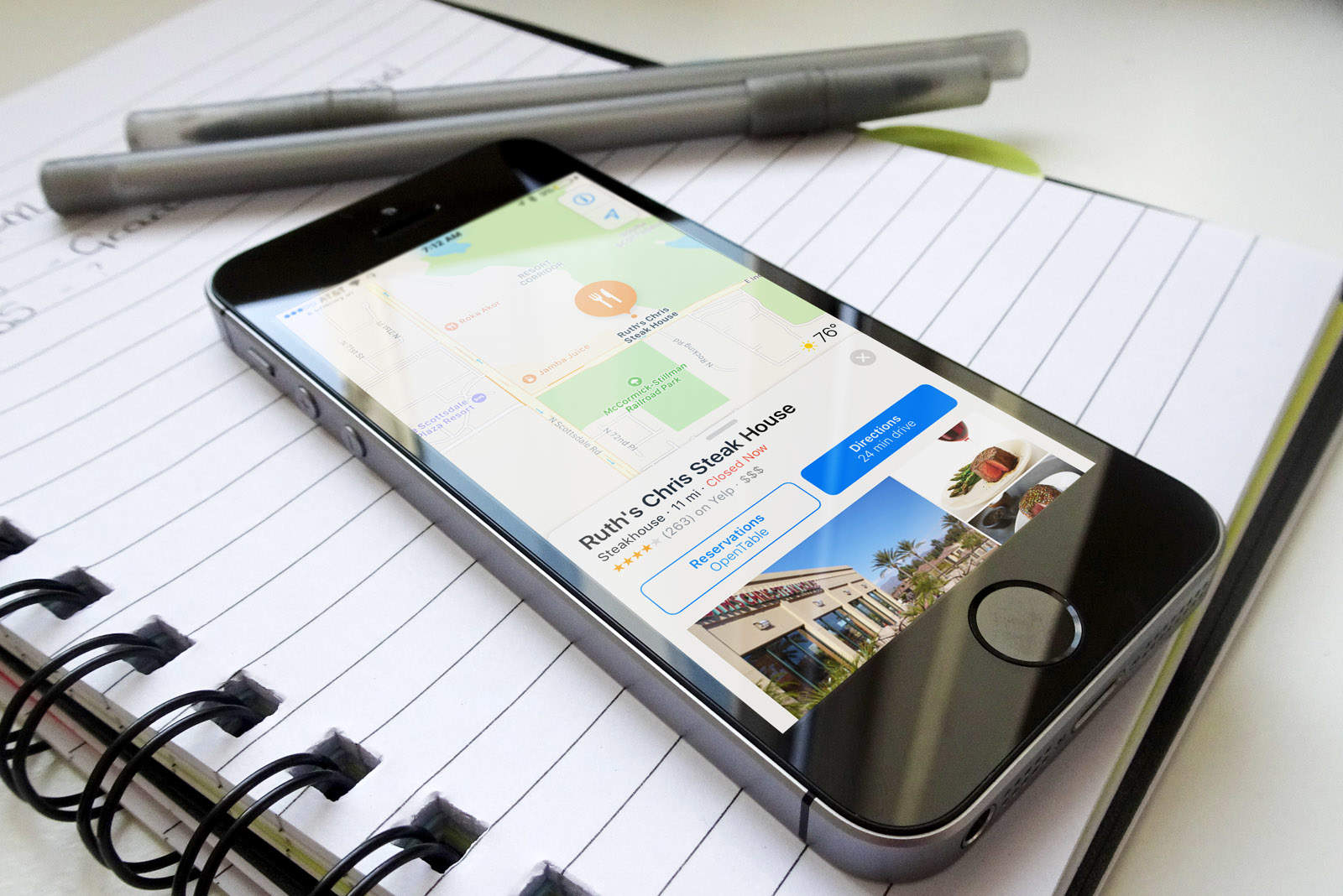
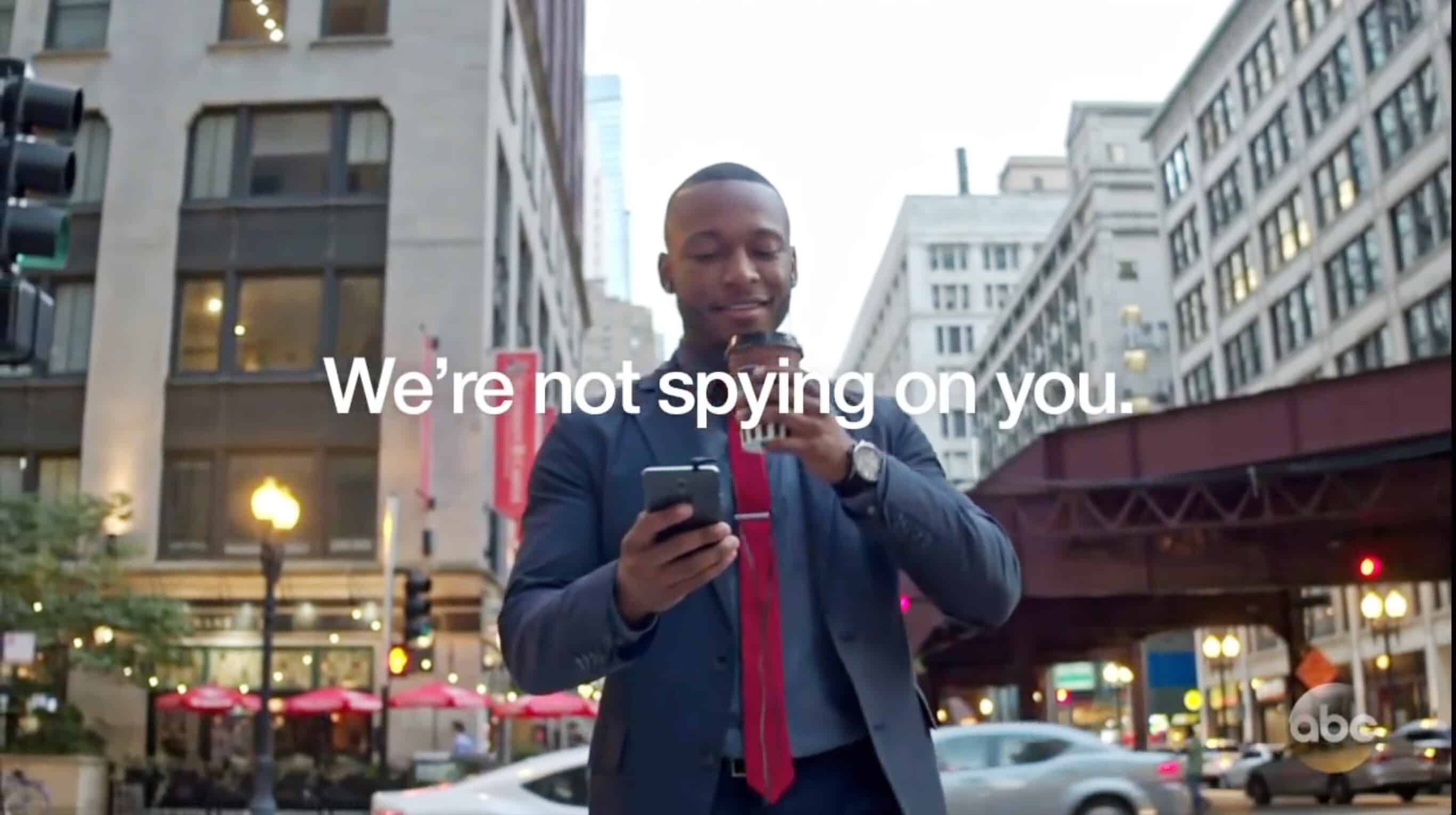
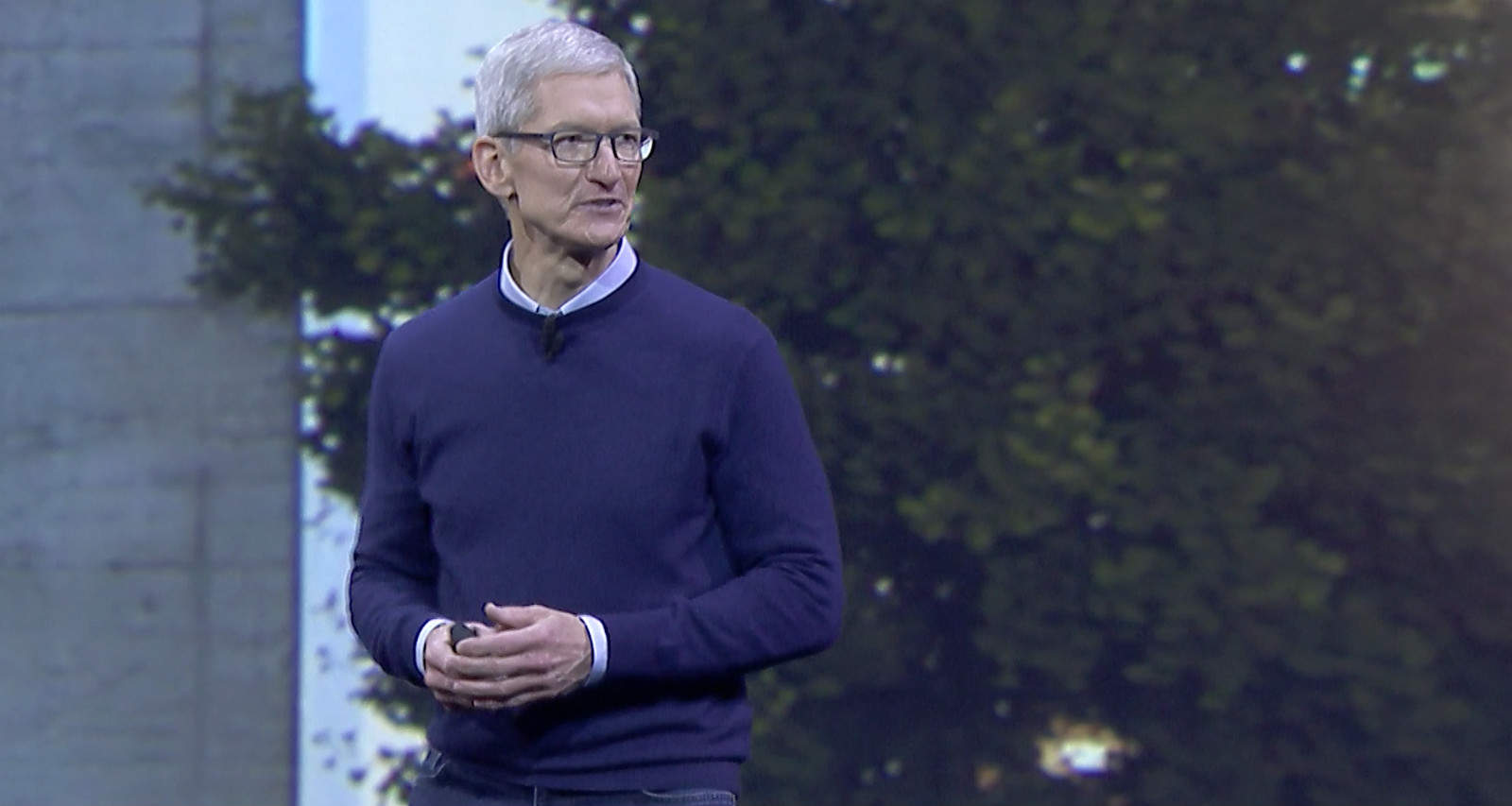
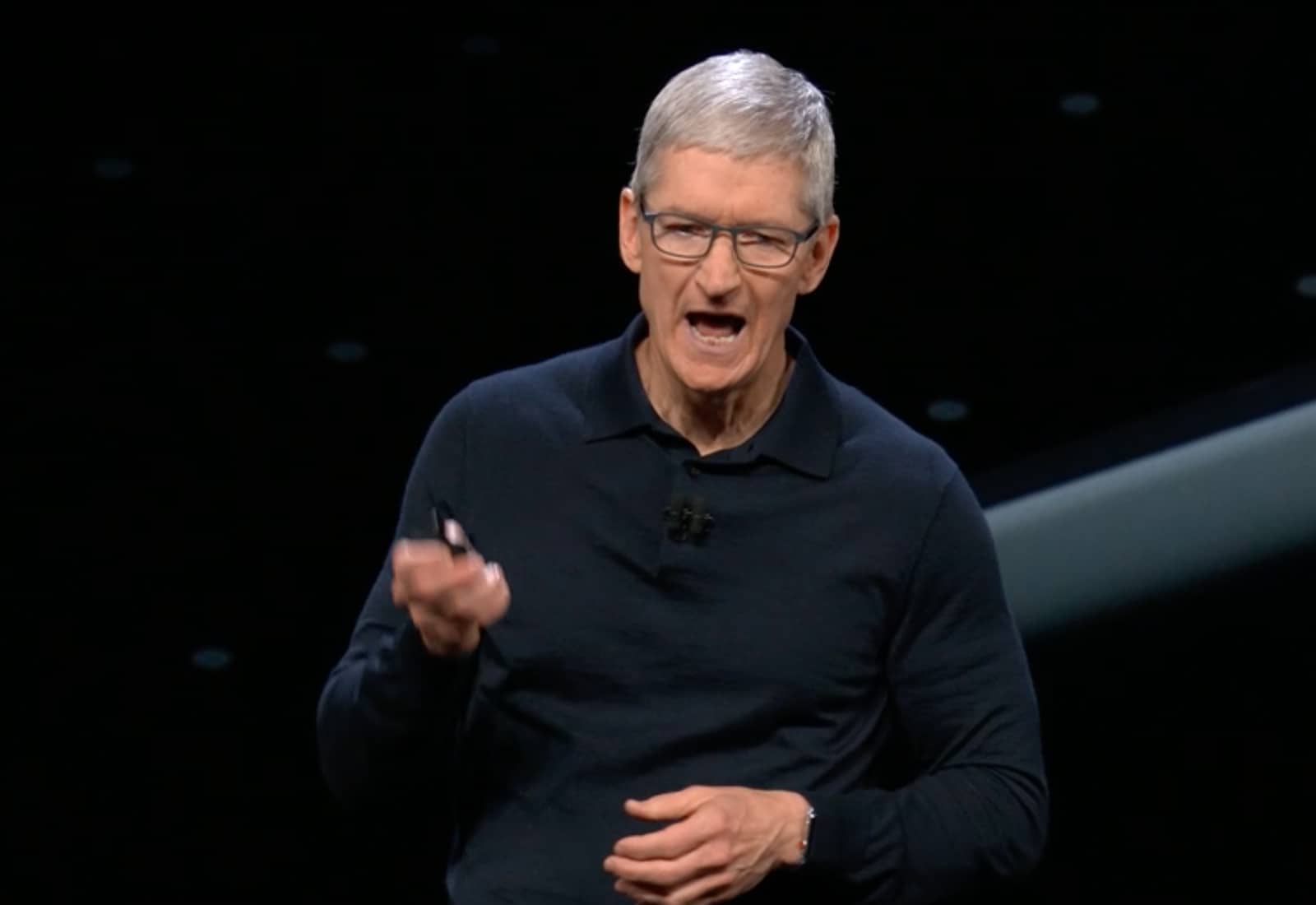

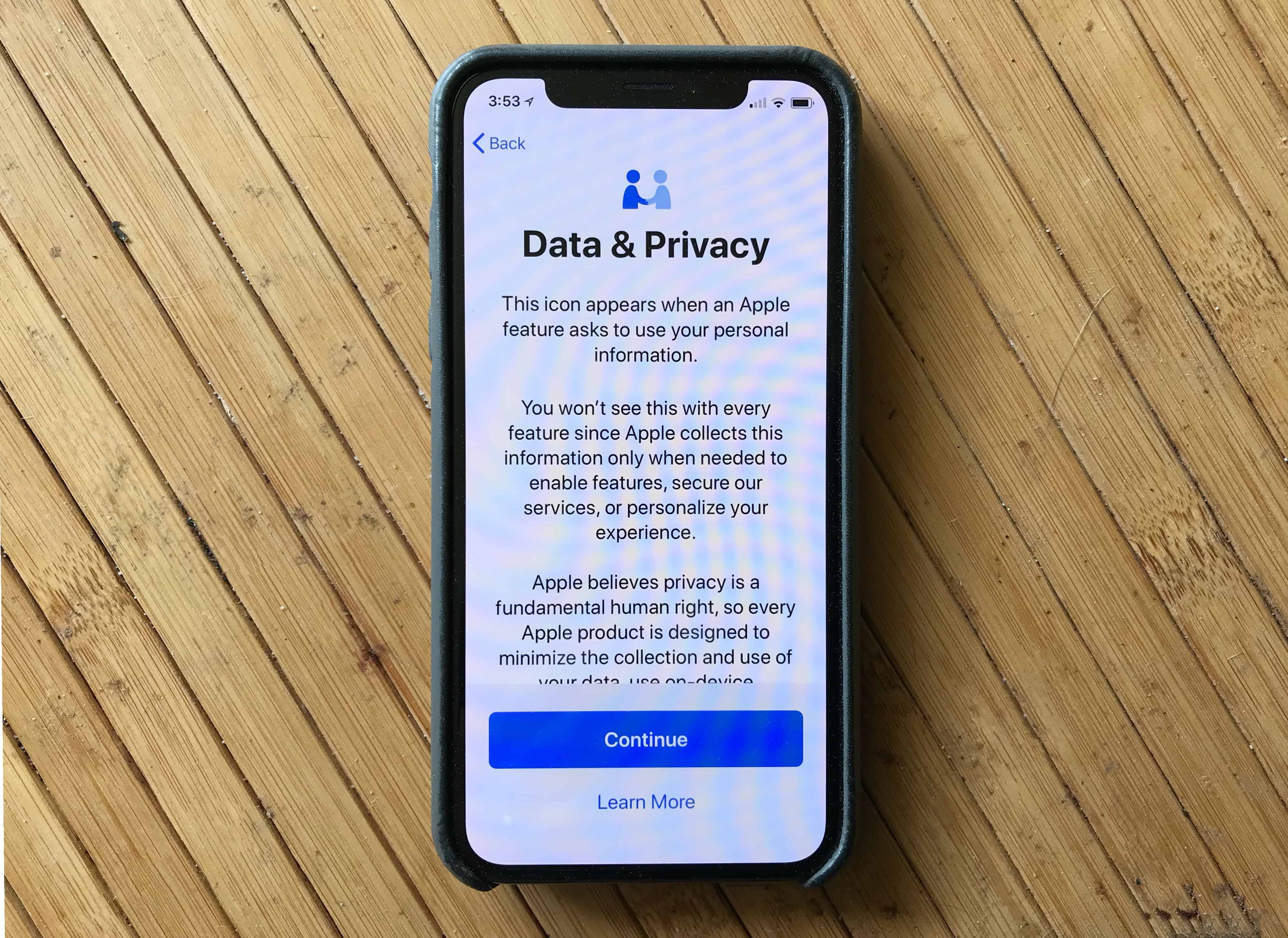
![Will Trump be good for Apple? [Friday Night Fights] How will Apple fare in the Trump era?](https://www.cultofmac.com/wp-content/uploads/2017/01/Trump_Apple_FNF.jpg)


